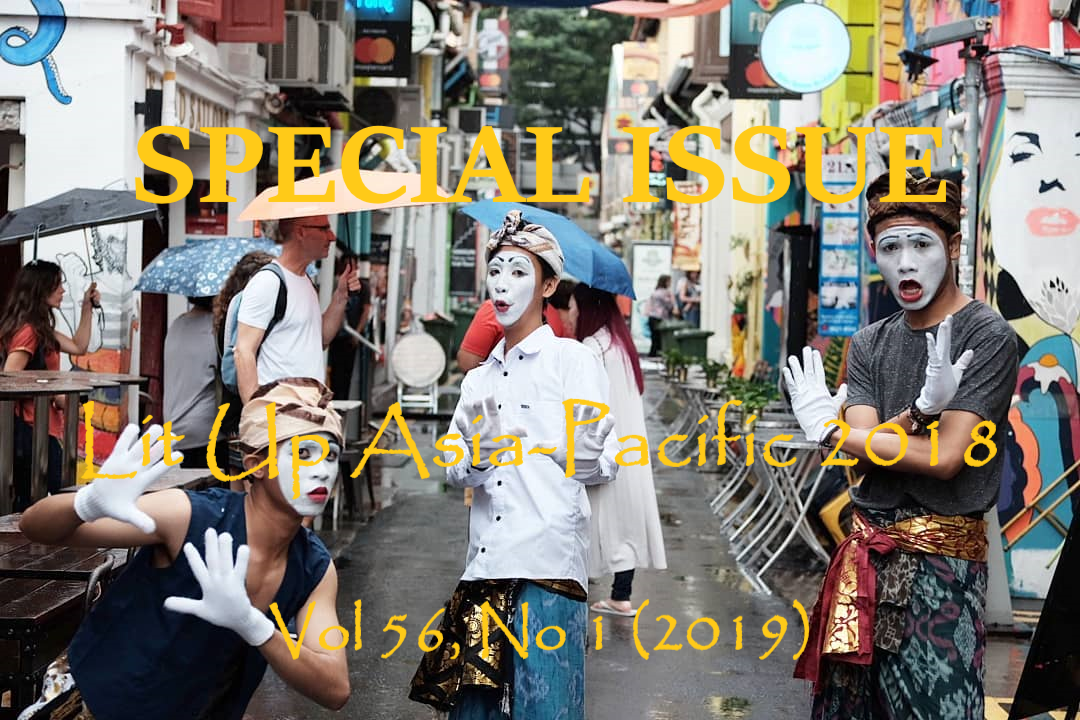Harold Stewart’s <em>Autumn Landscape Roll</em>, a “Buddhist Divine Comedy”
Main Article Content
Abstract
Since the days of the Silk Road exchanges between East and West, Asian philosophical and cultural ideas have been a magnet for rare pilgrims of the arts and lay scholars like Australian poet Harold Stewart (1917-1994), who, leaving Australia in the early 1960s, sailed to Japan to settle permanently in Kyoto, a city built on a thousand years of Buddhist learning. Stewart made a singular effort to shift his source of inspiration exclusively to Asia in the belief that Australia’s future lay under Australasian skies. This high degree of cultural immersion produced an exclusive oeuvre of Asian-centred writing crowned by two epic poems, a tradition unknown to classical Chinese and Japanese poetry. His large body of writing positions Stewart as the unacknowledged precursor to forty years of Australian poetic responses to Asia, even though his final and perhaps most challenging narrative composition Autumn Landscape Roll, a “Buddhist Divine Comedy” with sources predating Dante by 1800 years, remains unpublished.
Downloads
Article Details
Copyrights of all materials published in SARE are retained by the authors. Authors may republish their work or grant others permission to republish it. We would be grateful if republication is accompanied by an acknowledgment that the work was originally published in SARE.
